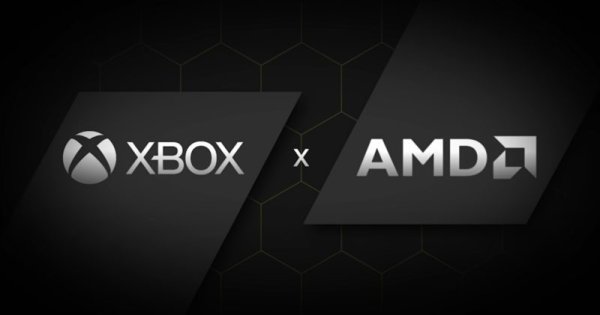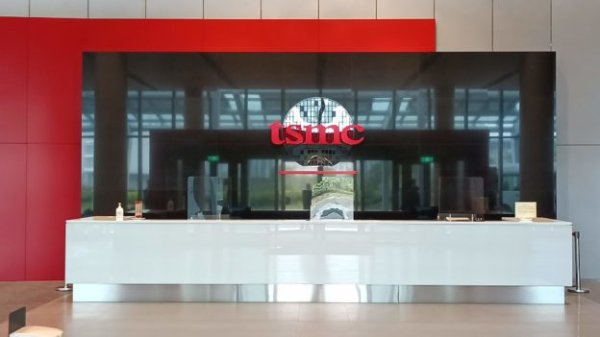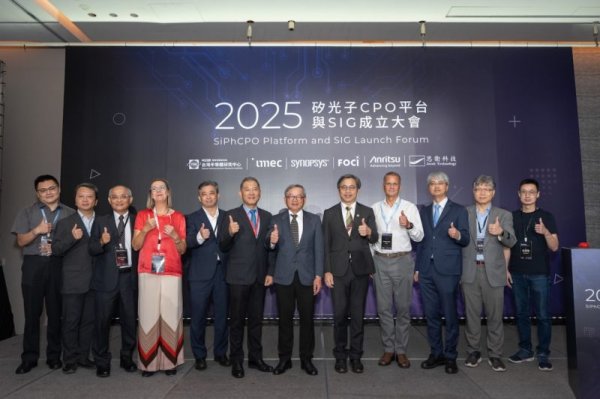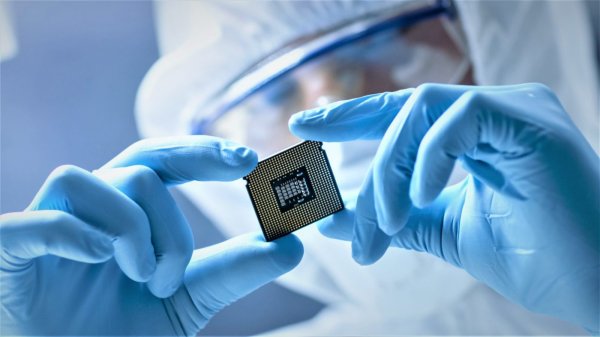It s Broadcom s turn to cooperate with OpenAI to deploy 10GW of chips, driving up the stock price by more than 10%

The technology community is pursuing AI investment competition, and demand has reached unprecedented levels. OpenAI, a major artificial intelligence company, announced today that it has reached a major cooperation agreement with semiconductor leader Broadcom. The two parties will jointly design, develop and deploy large-scale customized AI chips.
As soon as this news came out, Broadcom’s stock price soared by more than 10% in pre-market trading. Just in the past few weeks, market analysts have already been rumored that OpenAI is the new customer worth $10 billion disclosed by Broadcom. Although the two companies did not disclose specific financial terms of the agreement, this cooperation represents another critical step in OpenAI's historically ambitious AI construction plans.
Financial media CNBC reported that the cooperation between OpenAI and Broadcom was not an immediate success. The two parties have actually been cooperating secretly for 18 months. The goal of this cooperation is to jointly build and deploy 10GW of customized AI chips. OpenAI CEO Sam Altman and Broadcom CEO Hock Tan jointly pointed out when the cooperation was announced that the complexity of such systems has reached a level that requires a complete system. These customized systems cover network, memory and computing power and are specifically designed to perform OpenAI's work.
Of particular note is that these co-designed chips will be optimized specifically for the inference stage and will be connected to the network through Broadcom's Ethernet stack. The two parties plan to gradually develop and deploy these racks (racks) that hold OpenAI design chips starting at the end of 2026.
OpenAI’s strategic consideration is to control destiny and reduce sky-high costsThe core goal of OpenAI investing resources in designing its own customized chips is to reduce computing costs and make infrastructure funds more effective. Sam Altman said that this cooperation with Broadcom will provide huge computing infrastructure to meet the global demand for advanced intelligence. Sam Altman predicts huge efficiency gains, which will lead to better performance, faster models, and cheaper models.
The importance of designing customized chips has also been echoed by Broadcom CEO Chen Fuyang. Chen Fuyang emphasized that if you design your own chip, you can control your own destiny. In particular, OpenAI is building the most advanced models (frontier models), and in its development blueprint toward better and better models and toward superintelligence, the company continues to need the best and latest computing power.
According to market estimates, the cost of building a 1GW data center is approximately US$50 billion. NVIDIA (Nvidia) is currently priced with about $35 billion allocated to the chip segment. By designing its own chips, OpenAI can effectively control and leverage this huge expense. In addition, OpenAI president Greg Brockman also revealed that the company even uses its own models to speed up the wafer design process and improve efficiency.
OpenAI’s super ambition is 33GW computing power layoutThis 10GW agreement with Broadcom is one of OpenAI’s commitments to develop huge computing power. Sam Altman also hinted that this 10GW is just the beginning. OpenAI’s current computing power is only slightly more than 2GW. This 2GW capacity is enough for ChatGPT to scale up to where it is today and develop and launch the video generation service Sora, as well as conduct a lot of AI research. Therefore, it is difficult to imagine what kind of development the 33GW computing power layout will have in the future.
In the past three weeks, OpenAI has established partnerships with NVIDIA, Oracle, AMD, and Broadcom, committing a total of approximately 33GW of computing power. OpenAI is undertaking a historic and large-scale infrastructure development in the industry on behalf of OpenAI. Sam Altman also predicts explosive growth in computing demand in the future, even though this 10GW is much more computing power than the world has today. But the future still predicts that high-quality intelligence, delivered extremely quickly and at extremely low prices, will be absorbed by the world ultra-quickly and find incredible new uses.
Sam Altman further emphasized that even OpenAI can have 30GW of computing capacity today with comparable quality to existing models. He thinks you'll still saturate it in a relatively short period of time in terms of what people will do. Therefore, in this cooperation, Broadcom has become one of the biggest beneficiaries of the generative AI boom. The company sells its custom AI chips, known as XPUs, to hyperscalers.
Although Broadcom generally does not disclose the names of large web-scale customers, analysts have pointed out in 2024 that the company's top three customers are Google, Meta, and TikTok parent company ByteDance. After doubling in 2024, Broadcom's stock rose another 40% in 2025, bringing its market capitalization to more than $1.5 trillion. Today, the cooperation with OpenAI will undoubtedly further consolidate Broadcom’s core position in the AI infrastructure supply chain.




